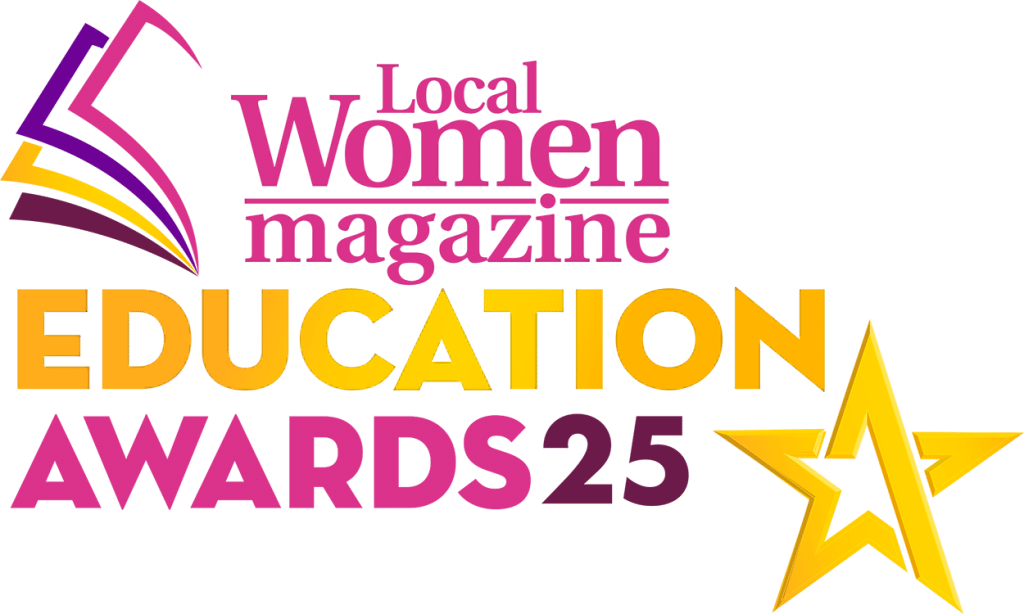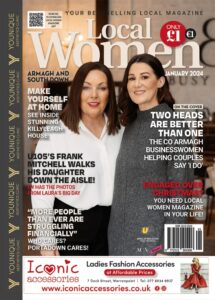A truly outstanding arts-focused school (primary or post primary) nurtures creativity,
self-expression, and cultural appreciation across a range of disciplines, including
music, drama, dance, art, and theatre. This award recognises a school that fosters
artistic excellence, provides rich opportunities for student development, and embeds
the arts into the wider school experience.
In not more than 500 words, we invite you to share compelling stories about the
school’s commitment to artistic excellence, leadership, community involvement, and
innovative arts education. You may attach supporting evidence if desired.
Areas to consider:
- Arts Curriculum and Student Achievement:
The winning school will offer a dynamic, inclusive, and high-quality arts
curriculum that enables students to develop their skills, confidence, and
creativity. Evidence of student success in performances, exhibitions,
competitions, or external qualifications should be highlighted. - Quality of Teaching and Artistic Development:
This school will showcase expert teaching across various art forms, inspiring
students to explore their talents and refine their craft. Teachers should be
engaged in professional development and encourage students to think
critically and creatively. - Leadership and Strategic Vision for the Arts:
Strong leadership will be evident through the school’s commitment to
integrating the arts into its culture and curriculum. Schools should demonstrate investment in arts education, long-term planning for creative subjects, and a clear vision for fostering artistic excellence. - Community Engagement and Industry Partnerships:
The school should illustrate strong links with professional artists, theatres,
dance companies, galleries, orchestras, or music conservatoires. Evidence of
partnerships, visiting artists, workshops, and opportunities for students to
engage with the creative industries will strengthen applications. - Facilities, Resources, and Performance Spaces:
A winning school will provide well-equipped studios, rehearsal spaces,
theatres, galleries, and music practice rooms. Schools should also highlight
access to professional-grade materials, instruments, technology, and digital
resources to support artistic learning. - Innovation and Creative Opportunities:
The school should demonstrate innovative approaches to arts education, such
as cross-disciplinary projects, digital media integration, student-led
productions, or experimental art forms. Evidence of students developing
original work, composing music, choreographing performances, or producing
exhibitions will be considered. - Inclusivity, Well-Being, and Cultural Enrichment:
The school must ensure the arts are accessible and inclusive to all students,
regardless of background or ability. Efforts to promote diversity in the arts,
support mental well-being through creative expression, and provide cultural
enrichment through trips, festivals, and collaborations should be highlighted.





